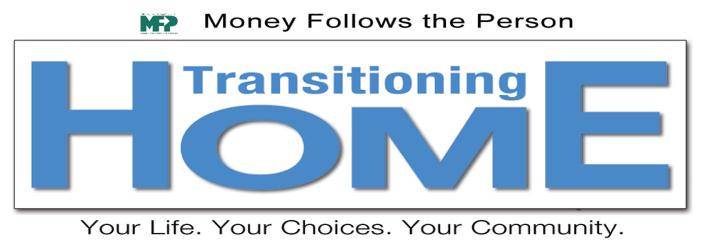The clock is ticking for Congress to act to renew a bipartisan, effective and popular program that keeps people with disabilities living in the community instead of in nursing homes.
As noted in a recent article by Sherri Boyd, Executive Director/CEO of The Arc Michigan, the Money Follows the Person program, or MFP, helps individuals with disabilities and seniors who want to move out of nursing homes and back to their communities. It has been implemented in 44 states, including Mississippi, and has supported more than 91,000 people since 2005. It’s cost effective — providing long term services in the home costs less than institutional care.
People with intellectual and developmental disabilities (I/DD) often need community-based long term supports and services to support their needs and to live as independently as possible. These include assistance with activities of daily living, such as getting dressed, taking medication, preparing meals, job coaching, residential supports and managing money.
The current system is a patchwork of inadequate funding, with the main source of federal funds provided by the Medicaid program that requires most people to be impoverished to receive services and has a bias toward institutional settings rather than in the community.
MFP enhances opportunities to live independently and age with dignity Medicaid requires states to provide care in nursing homes, but HCBS is optional. MFP incentivizes investment in HCBS by providing federal funding for transitional services for individuals who wish to leave a nursing home or other institution. Thanks to MFP, over 91,000 seniors and people with chronic conditions and disabilities and have transitioned back into the community.
At the end of 2015, nearly all states had an MFP demonstration. In a 2017 evaluation, the Centers for Medicare and Medicaid Services (CMS) found strong evidence that beneficiaries’ quality of life improves when they transition from institutional long-term care to HCBS. MFP participants experienced increases across all seven quality-of-life domains measured, and the improvements were largely sustained after two years.
Providing long term care in the home costs less than institutional care and average monthly expenses for MFP participants declined by almost 25 percent in the first year after transitioning from a nursing home to HCBS. Center for Medicaid Services also found that MFP participants are less likely to be readmitted to institutional care than other beneficiaries who transition but do not participate in the program.
Time is running out: Short-term MFP funding to help people transition ends September 30, 2019. The House of Representatives passed a bill that includes 4.5 years of funding for Money Follows the Person in June, but the Senate must act! It is time for the Senate to act! It makes sense and it is the right thing to do!
Mississippi has operated its MFP program under the name Bridge to Independence (B2I). The Medicaid website contains the following statement: “The Mississippi Division of Medicaid’s (DOM) Bridge to Independence (B2I) program, funded by the U.S. Department of Health and Human Services, Centers for Medicare and Medicaid Services (CMS), completed its final year as a demonstration project. Effective January 2019, the Medicaid Extender’s Act of 2019 provided for an extension of B2I services. All new B2I participants that transition under the extension will receive a 365 day follow up.” Contact Mississippi’s Senators and encourage them to approve funding for this valuable program. For more information about the program and how a person can move from a nursing home back to the community with Medicaid funding, contact Charles R. Terry, B2I Project Director, phone 601-359-6013, toll-free 800-421-2408.
